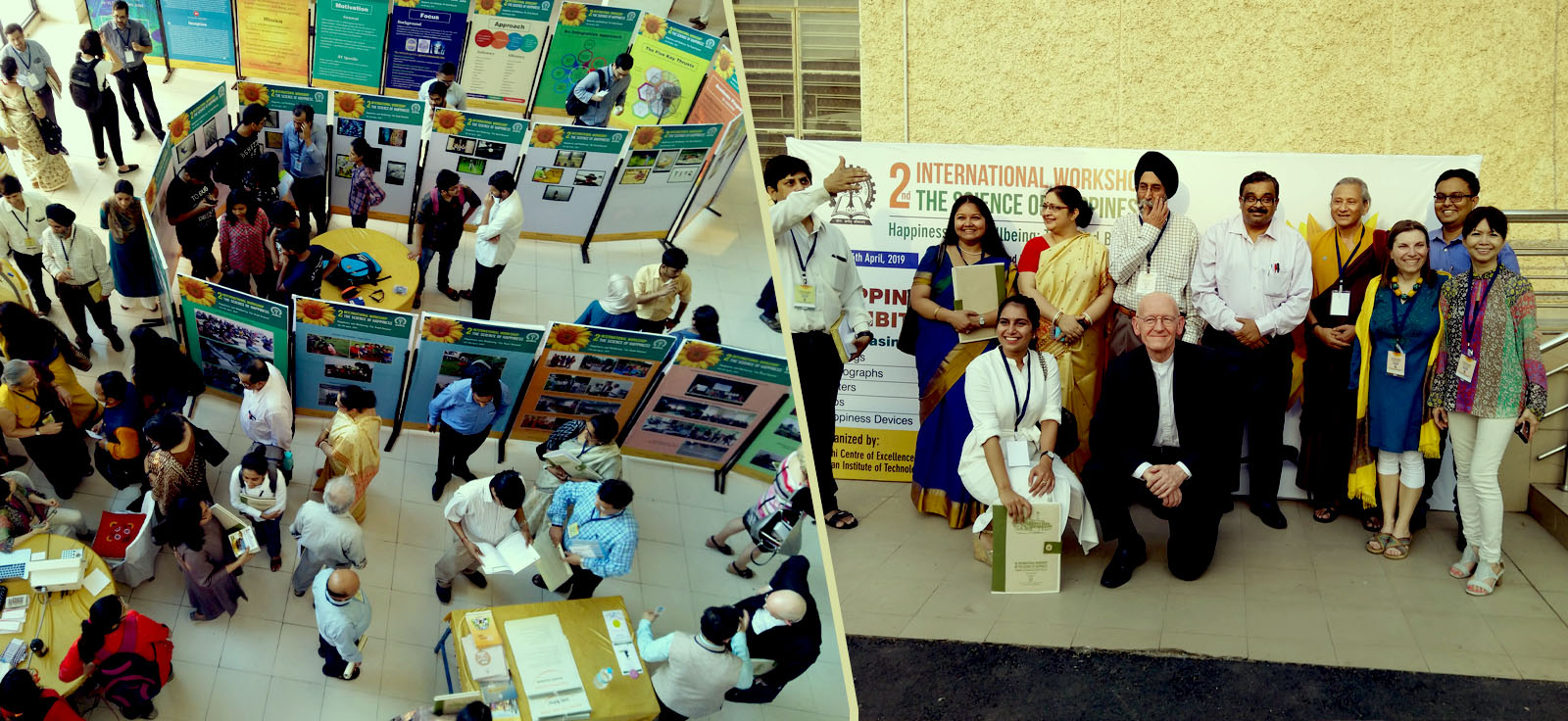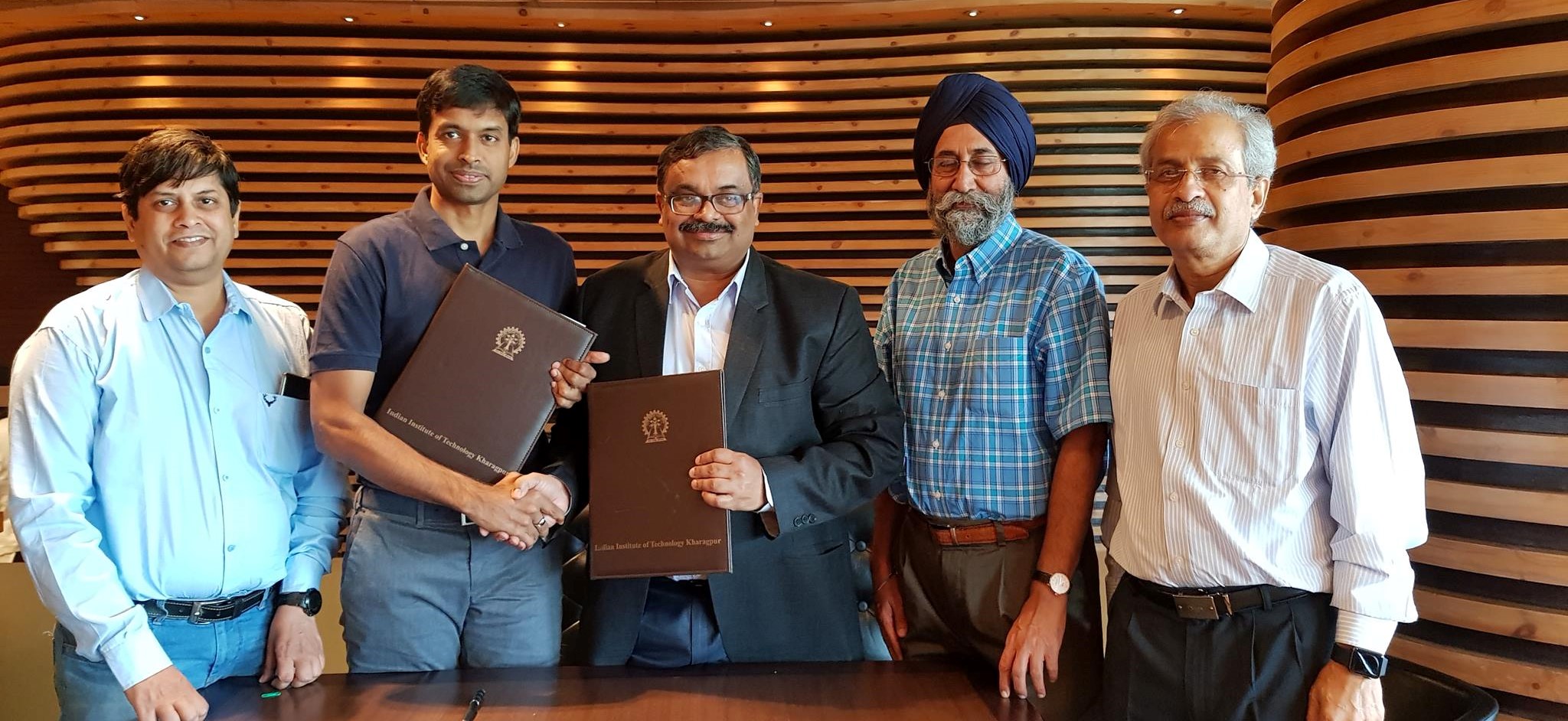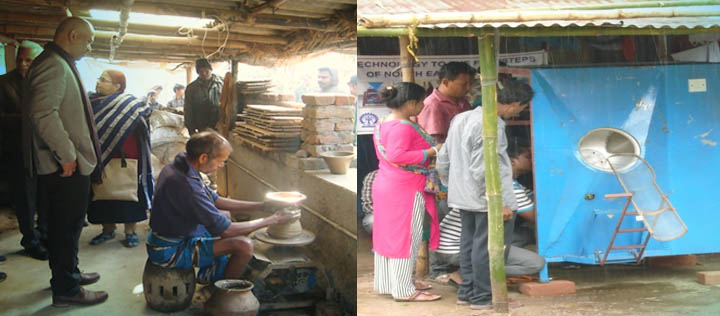
Happiness is here and now
Times of India Careers360 Is the Gallup poll a fair measure of happiness? Should generalities matter or cultural specificities while measuring happiness? How happy are the men in Khakhi? Is internet a threat or a support? Is happiness a private affair or a state concern? How can governments create happiness? These were some of the questions that came up during the deliberations at the 2nd International Workshop on Happiness and Wellbeing organized by IIT Kharagpur’s Rekhi Centre of Excellence for the Science of Happiness. The workshop from April 4-6 addressed two themes – Wellbeing of communities, cities and states; and…


